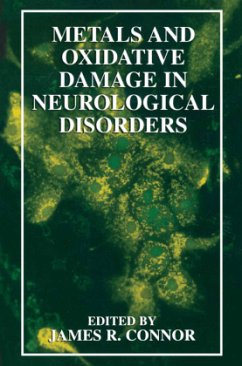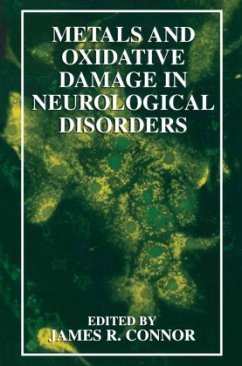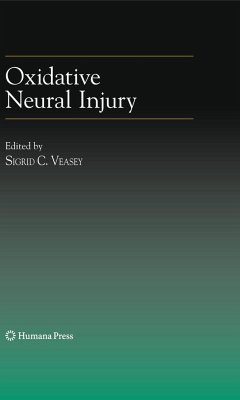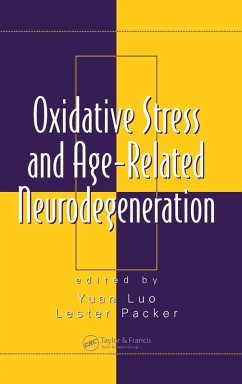
Oxidative Stress and Free Radical Damage in Neurology

PAYBACK Punkte
78 °P sammeln!
The role of free radicals and oxidative stress in neurological disorders has only recently been recognized, leaving clinical neurologists to seek in vain for information on the subject even in major textbooks. What published information there is may consist of brief reminders of the possible association of superoxidase dismutase with familial amyotrophic lateral sclerosis and nitrous oxide with migraine. With luck they may also find information on the purported role of free radicals in the pathogenesis of traumatic brain injury. Oxidative Stress and Free Radical Damage in Neurology sets the record straight, focusing on clinical and research issues regarding the interplay of free radicals and the human nervous system. Crucially, the chapters cover numerous antioxidants and their possible therapeutic role in neurological disorders.
Key illnesses such as epilepsy, multiple sclerosis and Parkinson's are analyzed, and chapters also examine more general issues such as the link between free radicals and inflammation of the central nervous system. Clinicians and laboratory researchers alike will find that this book augments their understanding not only of the widespread involvement of free radicals in the central nervous system but also of some uncertainties surrounding whether free radical damage in neurology plays a primary or secondary role.
Key illnesses such as epilepsy, multiple sclerosis and Parkinson's are analyzed, and chapters also examine more general issues such as the link between free radicals and inflammation of the central nervous system. Clinicians and laboratory researchers alike will find that this book augments their understanding not only of the widespread involvement of free radicals in the central nervous system but also of some uncertainties surrounding whether free radical damage in neurology plays a primary or secondary role.














